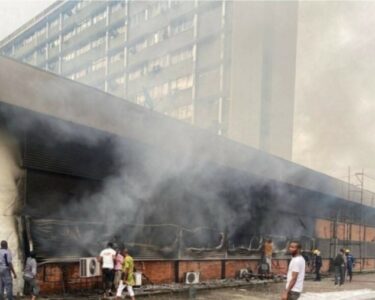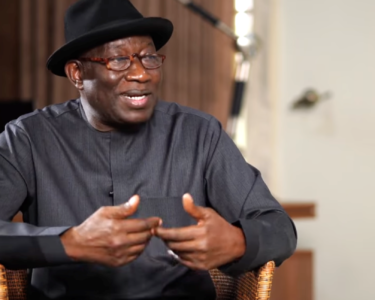Strike and Hunger Protests in Abuja
Teachers, others expose Nigeria’s deepening socio-economic crisis
Summary
- FCT primary school teachers’ strike surpasses 100 days over unpaid wages and allowances
- Women farmers protest soaring food prices and inadequate government support
- Public frustration grows as education and food insecurity collide with policy inaction
Abuja, FCT – Nigeria is facing escalating public unrest as two major protests by primary school teachers in the Federal Capital Territory (FCT) and small-scale women farmers highlight urgent socio-economic challenges around education and food security.
The FCT teachers’ strike, now entering its fourth month since commencing on 24 March 2025, has paralysed over 400 public primary schools in the capital region.
The teachers are demanding the implementation of the ₦70,000 national minimum wage approved in 2024, along with the payment of salary arrears and other outstanding entitlements. Some teachers continue to earn as little as ₦30,000 monthly, fuelling anger and protest.
Efforts at resolution have been complicated by overlapping administrative responsibilities. While the Federal Ministry of Education, led by Dr Olatunji Alausa, has urged dialogue, the Area Councils, under the FCT Administration, are responsible for paying the teachers. An earlier agreement signed in February 2025 to honour the wage increase remains unfulfilled.
On 30 June, unions including the Nigeria Union of Teachers (NUT), Nigeria Union of Local Government Employees (NULGE), and National Association of Health Workers Union (NAHWU) barricaded the FCTA Minister’s office demanding urgent action.
Meanwhile, on 1 July, the Small-Scale Women Farmers Organisation in Nigeria (SWOFON) staged a protest in Abuja against the rising cost of food and lack of support for smallholder farmers. The women accused authorities of manipulating food prices and failing to provide essential agricultural resources such as fertilisers and infrastructure. They noted that despite dry season farming optimism, climate change and economic mismanagement continue to threaten food production.
SWOFON’s protest adds to a wave of public discontent that intensified in 2024 following widespread cost-of-living protests. While the federal government claims it has distributed over 1,000 tractors and two million bags of fertiliser, the group remains sceptical, calling official responses insufficient. Calls for divine intervention by the agriculture ministry were labelled by some as symbolic of the state’s policy inadequacy.
Public commentary has criticised the government’s focus on large infrastructure projects, such as roads in Abuja, at the expense of human capital investment in education and food security. Former presidential candidate Peter Obi described the education crisis as a “national disgrace” and “moral failure.”
The situation remains tense, with teachers still off duty, pupils unable to sit key entrance exams, and farmers warning of worsening hunger. Civil society groups and labour unions have vowed to continue mass protests until their demands are addressed, signalling a growing demand for transparency, accountability, and people-focused governance in Africa’s most populous nation.







